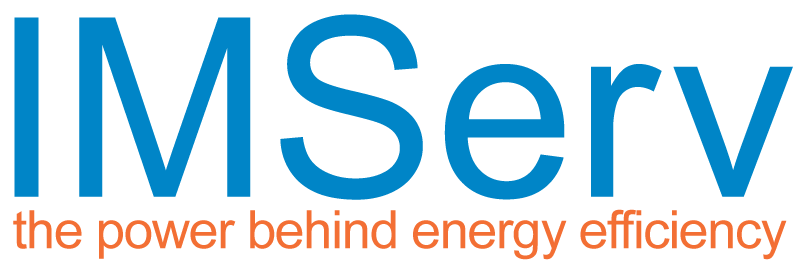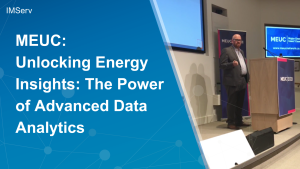Those who have been in the UK energy industry for a while will recognise that Marketwide Half Hourly Settlement (MHHS) is the biggest industry change since the creation full retail competition in the late 1990’s.
But since then –a lot has changed – not least the actual pace of change that the industry must respond to!
MHHS is not only a complete re-tooling of industry data flows, but the programme delivery itself also reflects a step change in how the industry implements change – taking on board all the learnings of the last 20 plus years.
First introduced in 1990 for the largest electricity users who were able switch energy supplier for the first time, half hourly settlement has since expanded to more customers. The last notable change was in 2017 with the formal implementation of P272 – the ELEXON Modification that looked to implement Half Hourly settlement for Profile Classes 5-8 – the original ‘Advanced’ Meters (AMR). We helped suppliers across the UK transition to this new way of settling electricity, and the increased flow of data that came with it.
Since then, the smart meter roll out has changed the way we consume electricity and with it – the way that generation, demand and transmission all work will have to change in the future to meet the requirements of a Net Zero Future.
So what’s different about the MHHS programme?
Recognising that long term programmes can often be overtaken by the pace of change itself – and that accelerating delivery is key to achieving some of the big net zero targets of the future – the MHHS programme is being rolled out in a more responsive way.
The current System Integration Testing (SIT) process is a case in point.
As one of the key participants taking part in the current testing process, and one of the first agents to go through the initial Component Integration Testing (CIT), IMServ’s experts are helping to identify issues, so they can be resolved before the rest of the industry enters their testing process.
In previous programmes, each error would have pressed pause whilst each individual bug was identified, retested, and then sent ‘live’ and testing could be restarted, with the inevitable delays to the programme timelines. But the flexibility demonstrated by the programme and the experts involved to work around problems and keep testing is indicative of the way change itself is changing the way the industry operates – and we’re proud to be contributing to that process.



